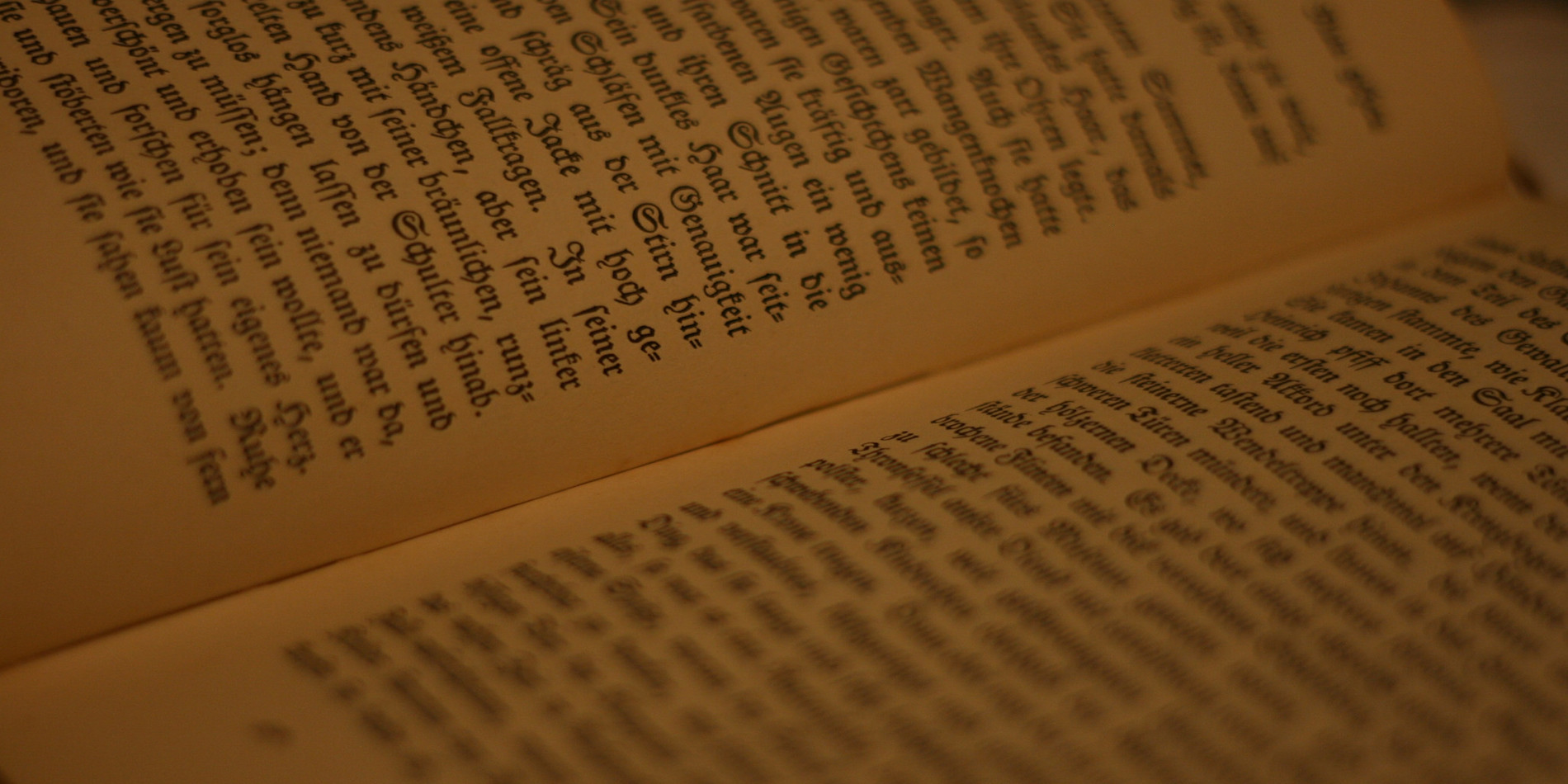The ability of German language, to compound any words creating whole new word which expresses something, which is sometimes seemingly inexpressible, is quite unique among modern well-survived languages (a characteristic, to be seen ancient Indian language, Sanskrit, a language quite obsolete in modern times). That is basically the reason that you may not find some German compounding words in typical German dictionary, but if you know what it is made of (elementary words), you can still make out the meaning.
Ben Schott has suggested some new words in his forthcoming book, Schottenfreude: German Words for the Human Condition. The title itself is sort of ambiguous (as a German compounding word, literally means Schott’s pleasure). I learned about this book from recent NYTimes online article. Here’s the small snippet of it.

You can see larger excerpt from the book by clicking the image above.
If you know some German words, then I wish you Happy Word-Compounding! ;-)
Original Source: Schottenfreude - Op-Art - NYTimes.com.
comments powered by Disqus
